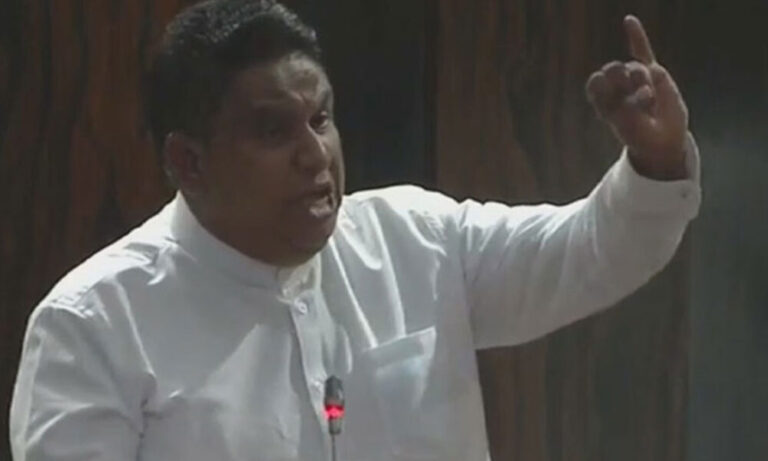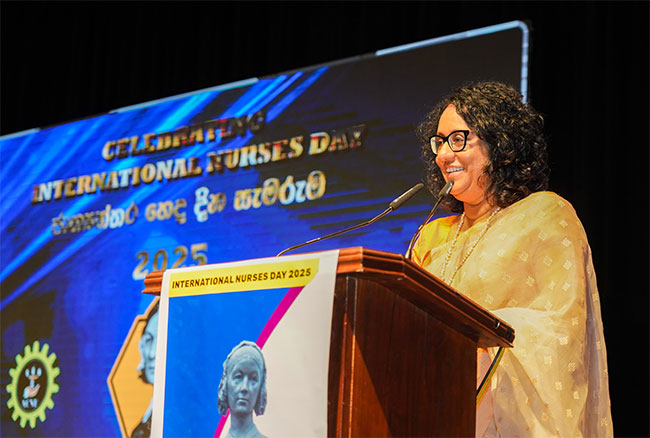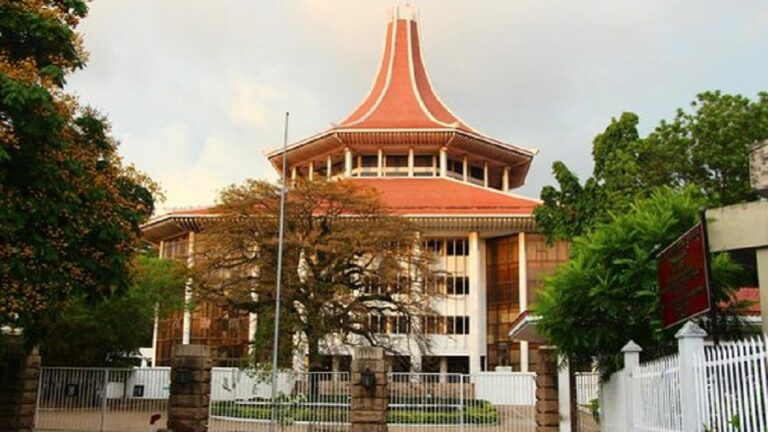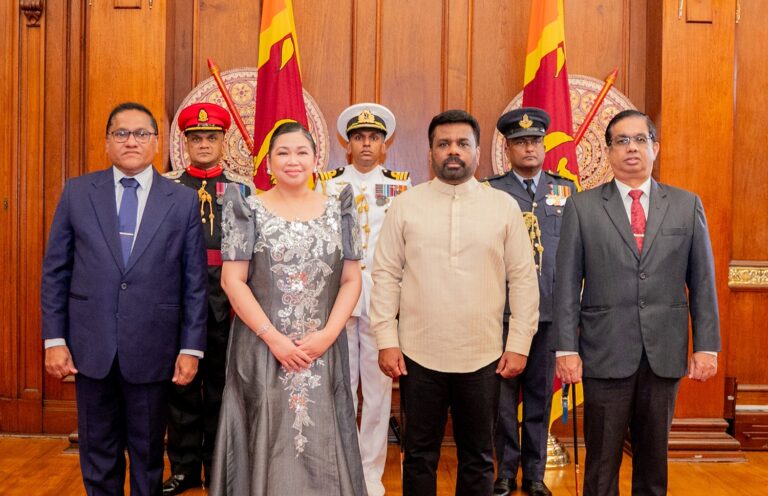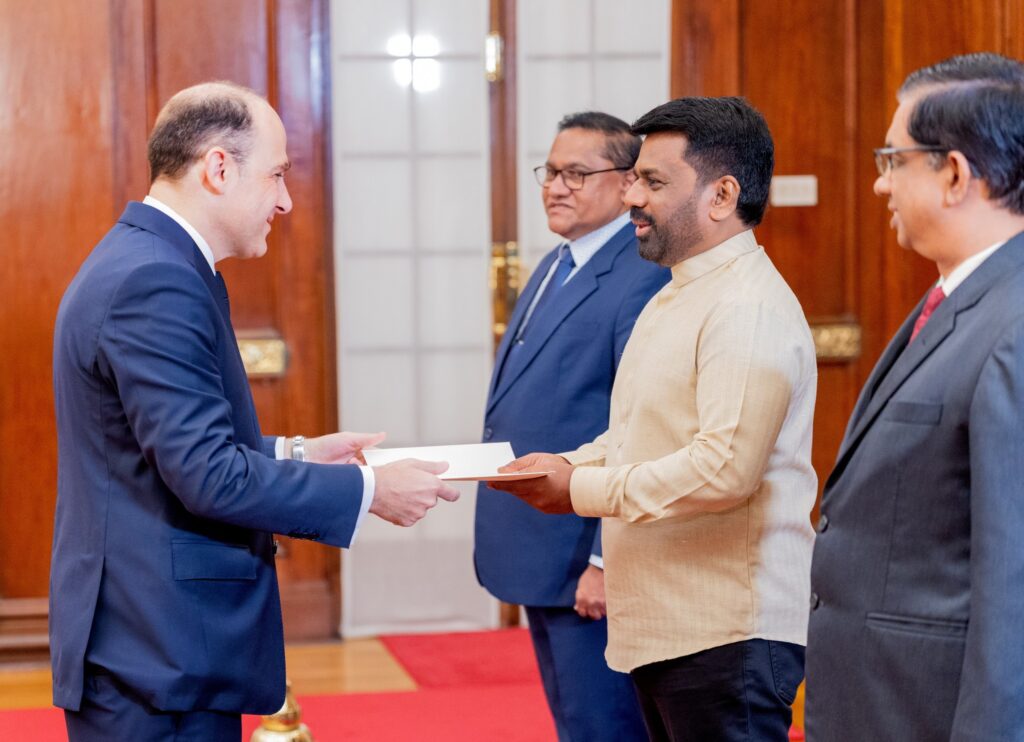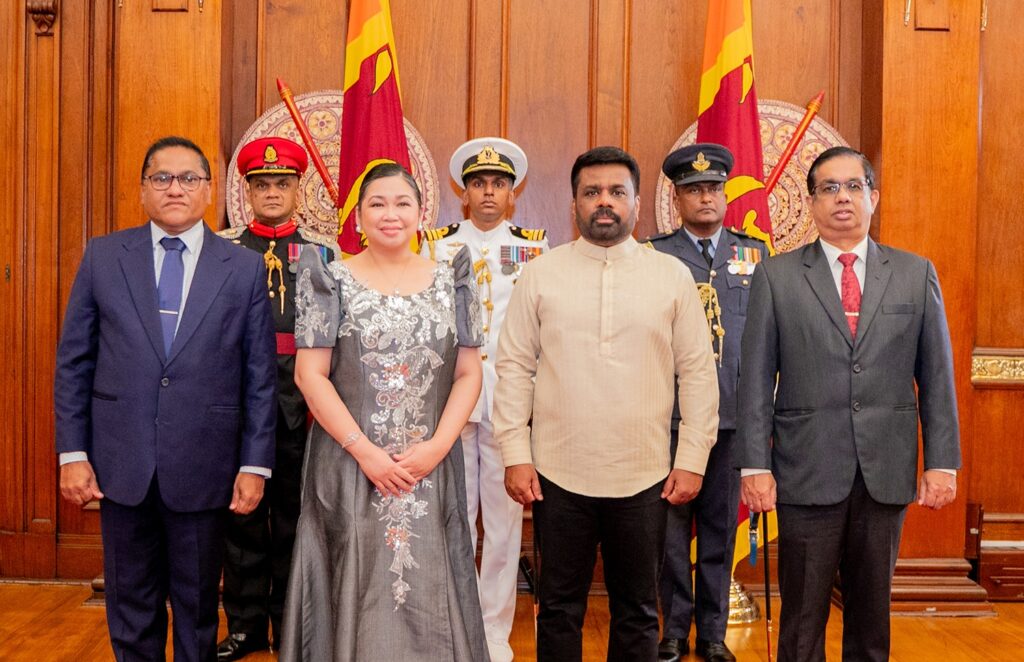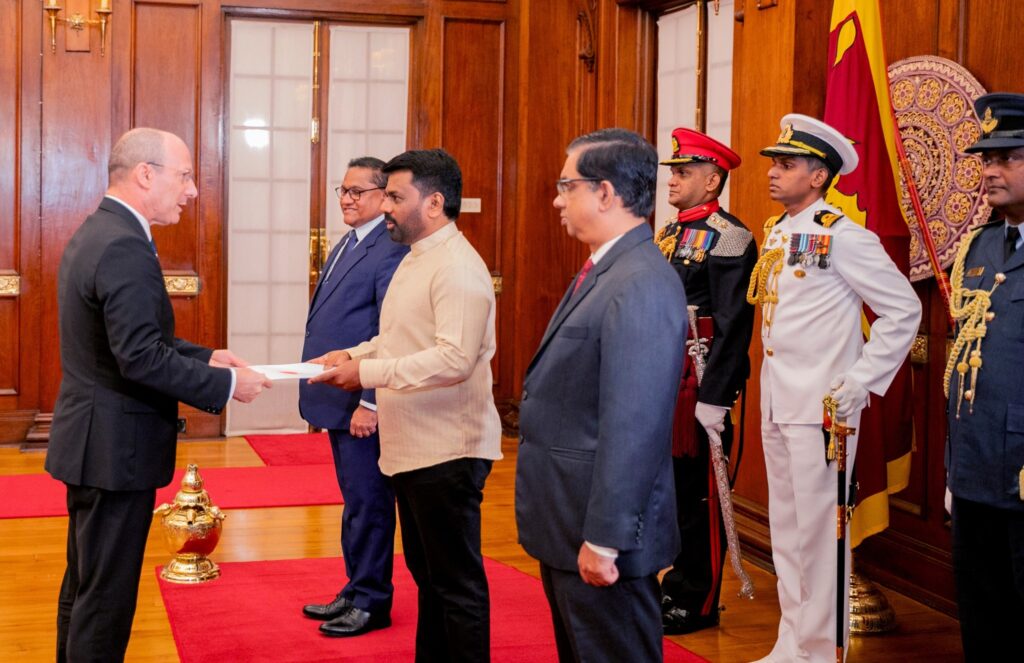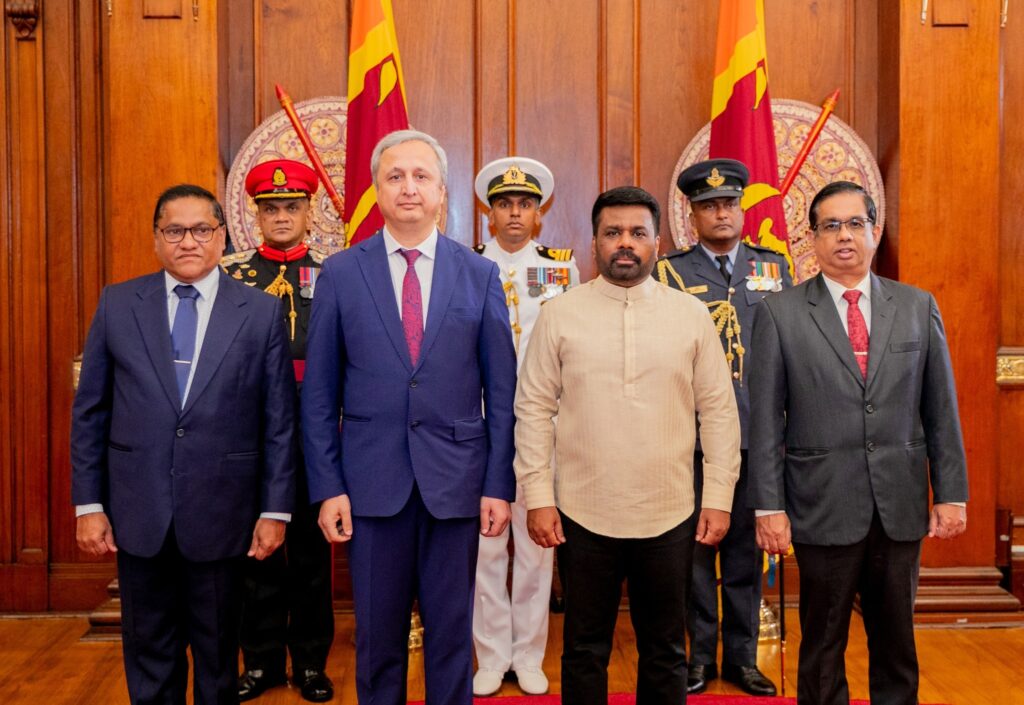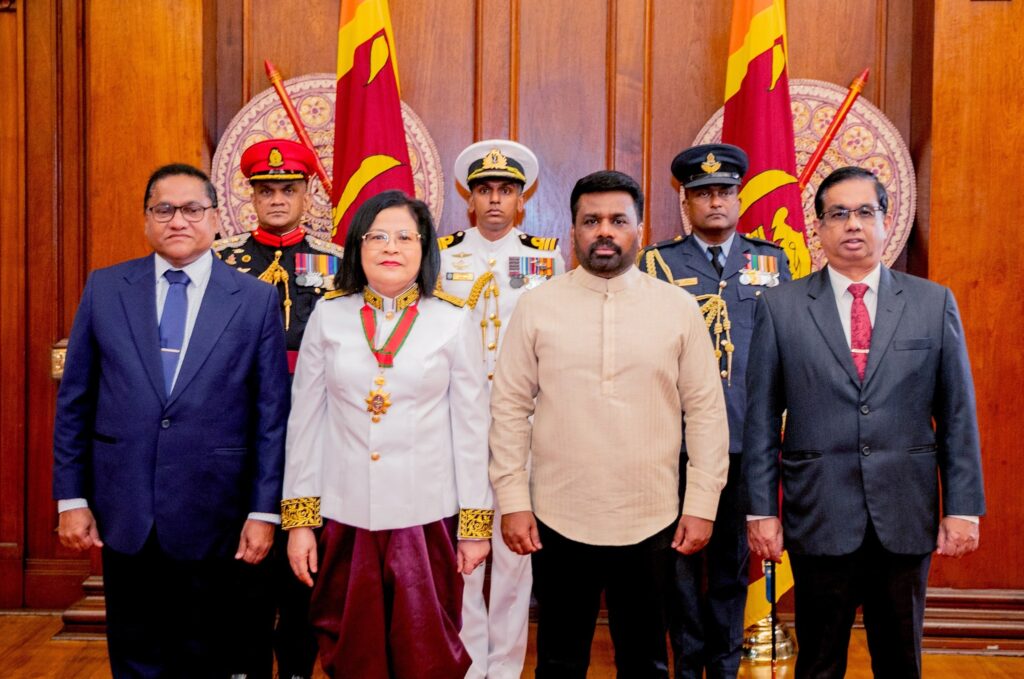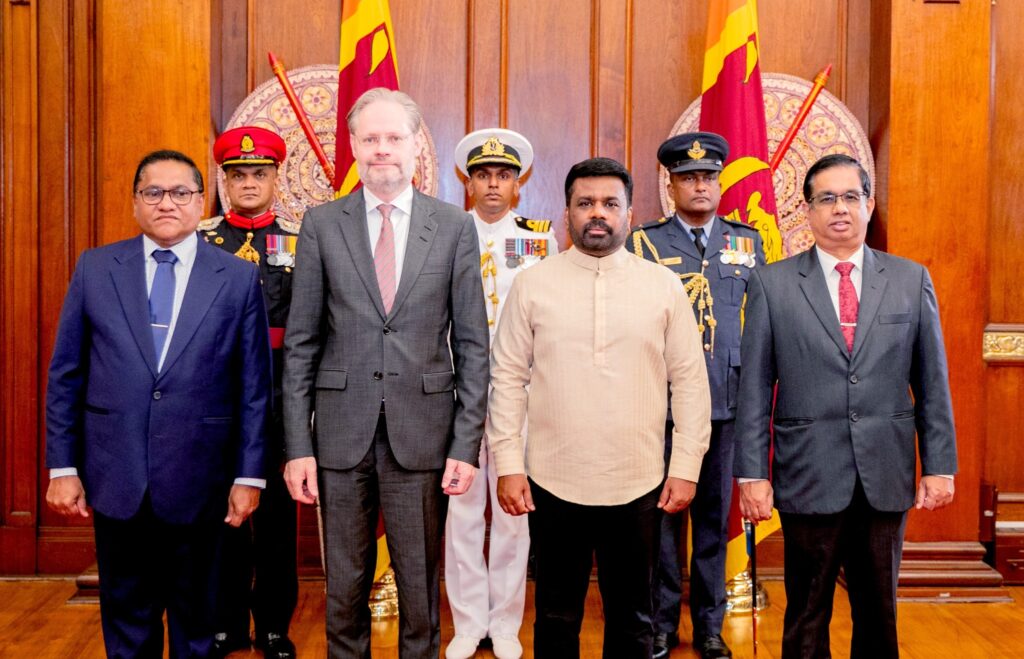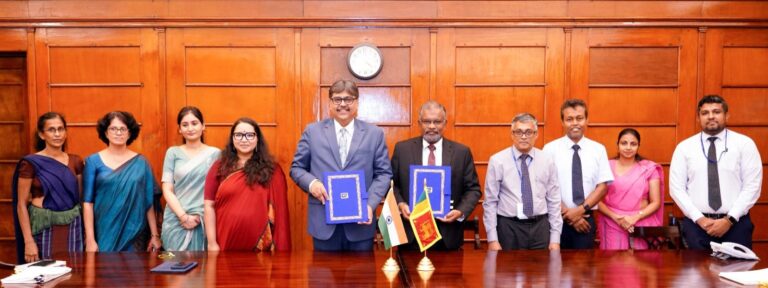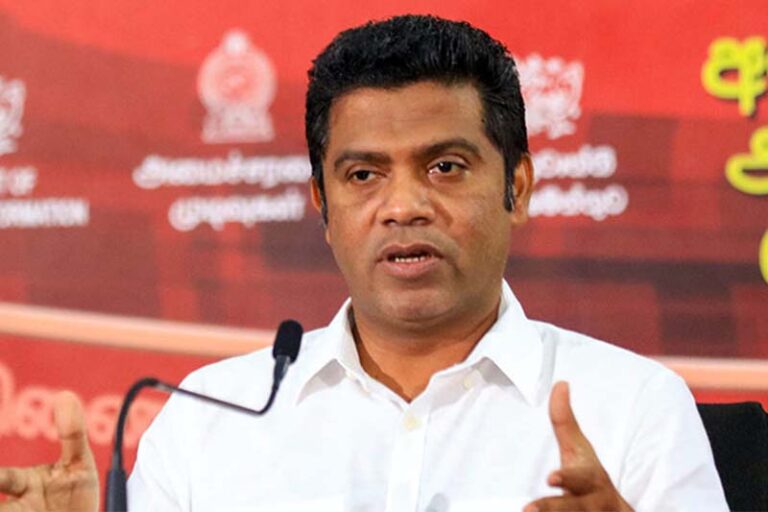May 16, Colombo (LNW): The Coconut Cultivation Board (CCB) has unveiled a significant initiative to revitalise Sri Lanka’s coconut industry by reclaiming and developing 500,000 acres of currently uncultivated coconut land, particularly within the island’s traditional coconut triangle.
CCB Chairman Dr. Sunimal Jayakody announced that the effort will focus on Kurunegala, Gampaha, Puttalam, and Kuliyapitiya—regions historically known for coconut cultivation.
These areas, he noted, contain large expanses of underutilised land, much of it owned by absentee landowners or by individuals who have settled abroad.
“An action plan is already in place to legally take over these idle lands based on documentation of cultivation per acre. The aim is not expropriation, but temporary acquisition through legal means and lease agreements,” Dr. Jayakody clarified.
The lands, he added, will be returned to their original owners after a designated period of productive use.
The move is backed by a Rs. 790 million allocation from the Treasury, reflecting the government’s strategic commitment to revitalising the agriculture sector as part of a broader economic recovery.
A key aspect of the plan includes developing intercropping systems—particularly cultivating vegetables under the coconut canopy—with an eye on export markets to generate foreign exchange.
“This is not just about coconut yield. We are developing a sustainable agricultural model that can simultaneously increase national food security, boost exports, and create rural employment,” Dr. Jayakody said.
The CCB plans to raise Sri Lanka’s annual coconut production from 2,700 million nuts in 2024 to 4,500 million by 2030, addressing both domestic demand and export potential. Increased coconut yields are expected to benefit not only the food and beverage sectors but also industries such as cosmetics and biofuels.
Many of the lands identified for development are reportedly under private ownership but have long been neglected. Some owners, residing overseas or in urban centres, have been unable or unwilling to maintain regular agricultural operations.
As a result, large tracts have become economically unproductive, contributing to supply shortages and fluctuating coconut prices.
The CCB is expected to work in coordination with local government bodies and agrarian services to implement the land takeover mechanism in a manner that avoids conflict and ensures legal transparency.
Legal frameworks are being drafted to formalise land usage rights under time-bound agreements, ensuring that private property rights are respected whilst enhancing national productivity.



